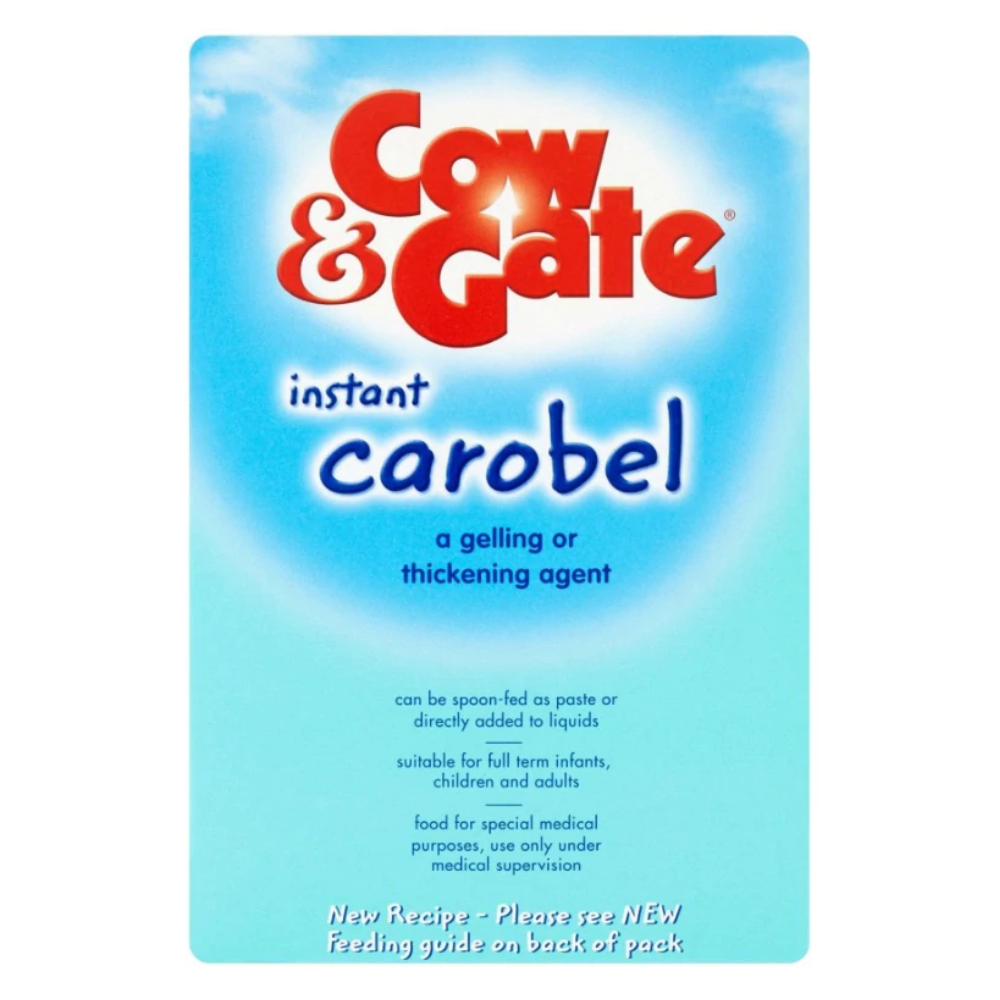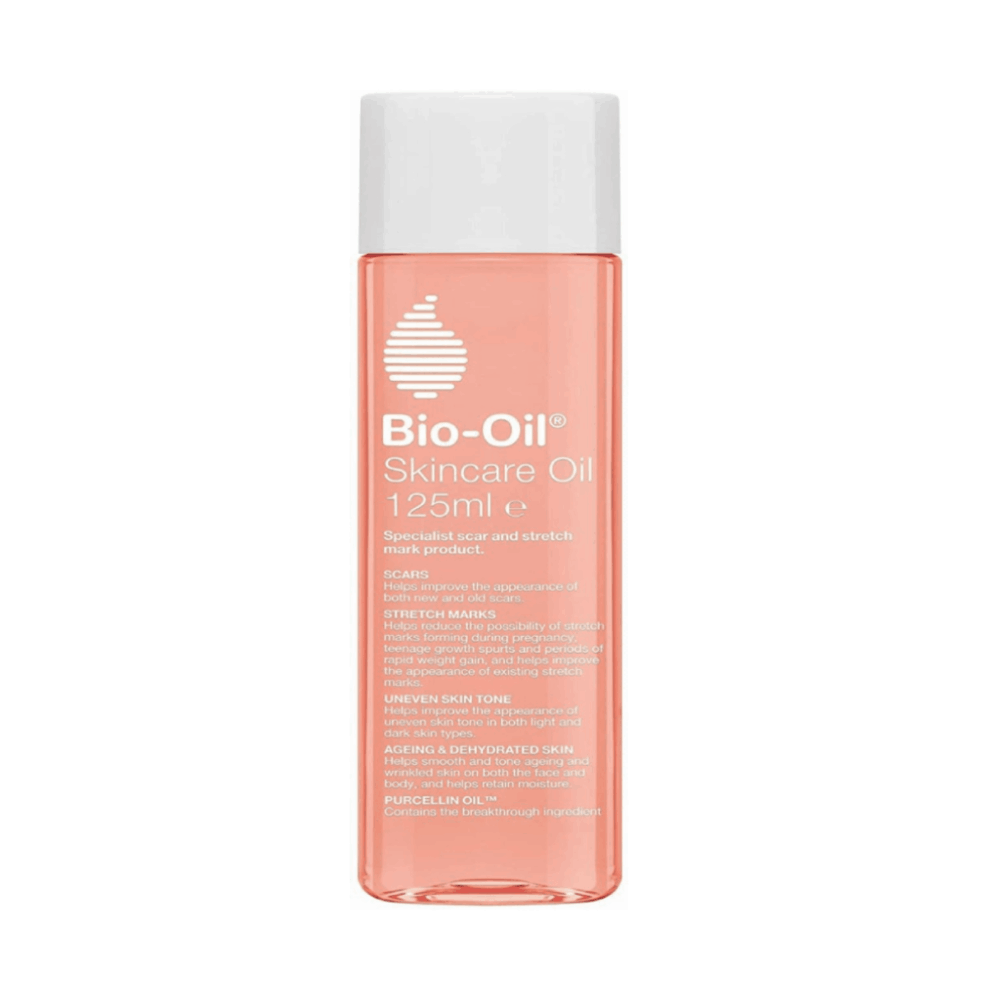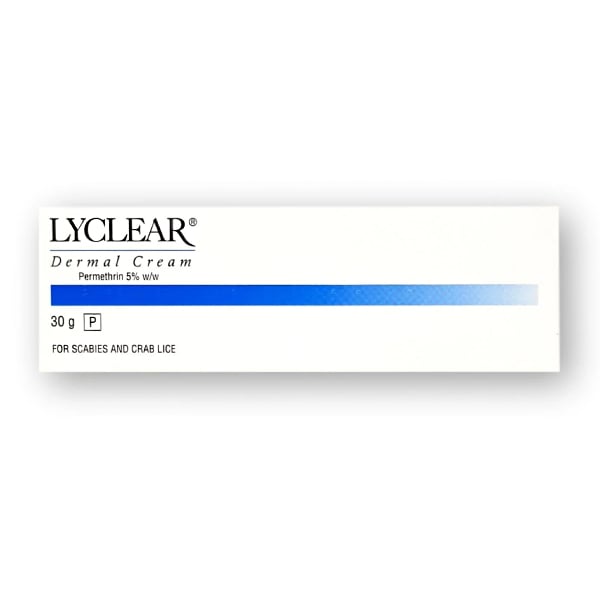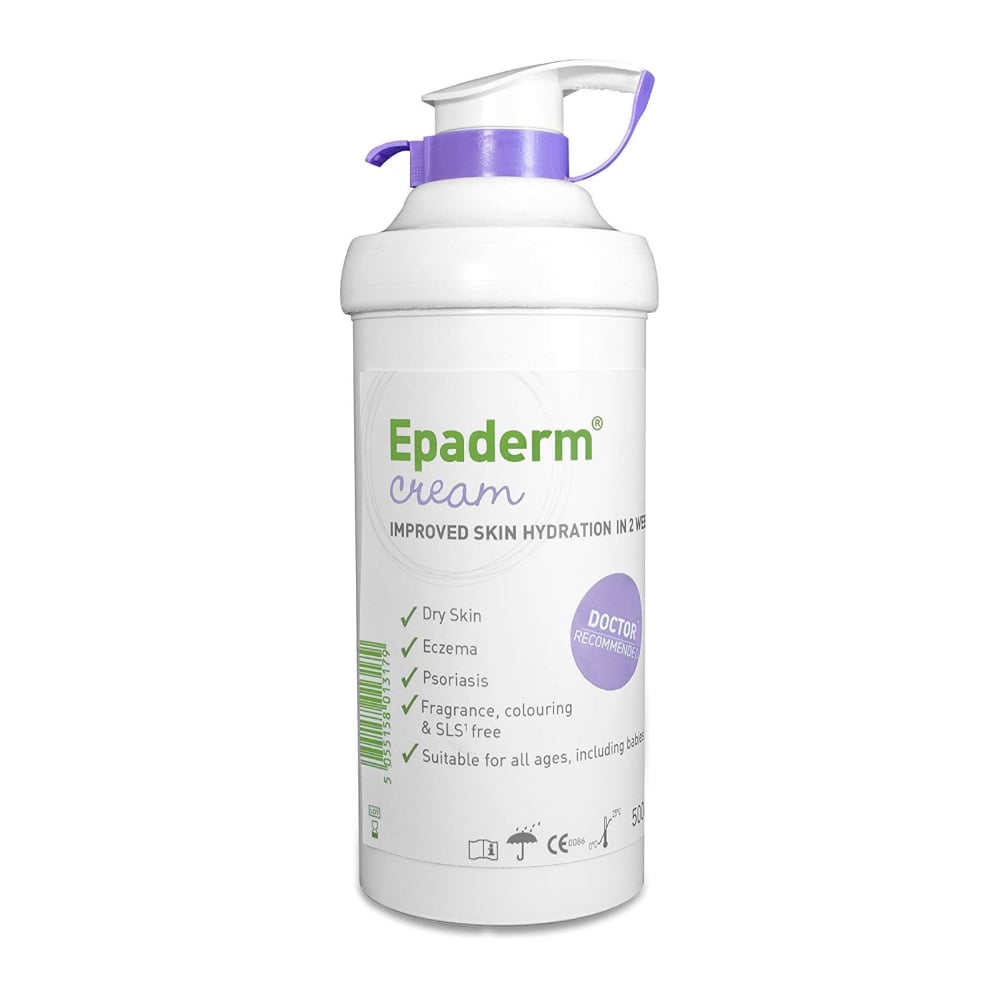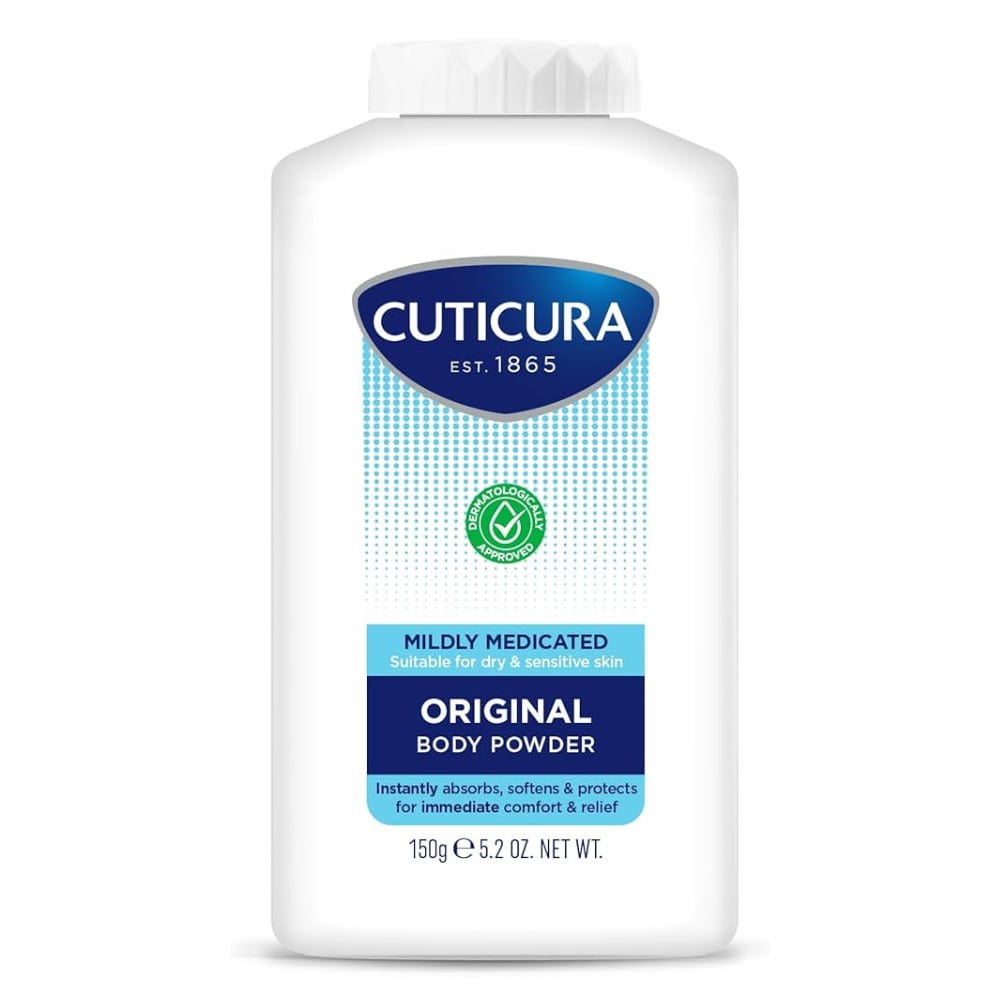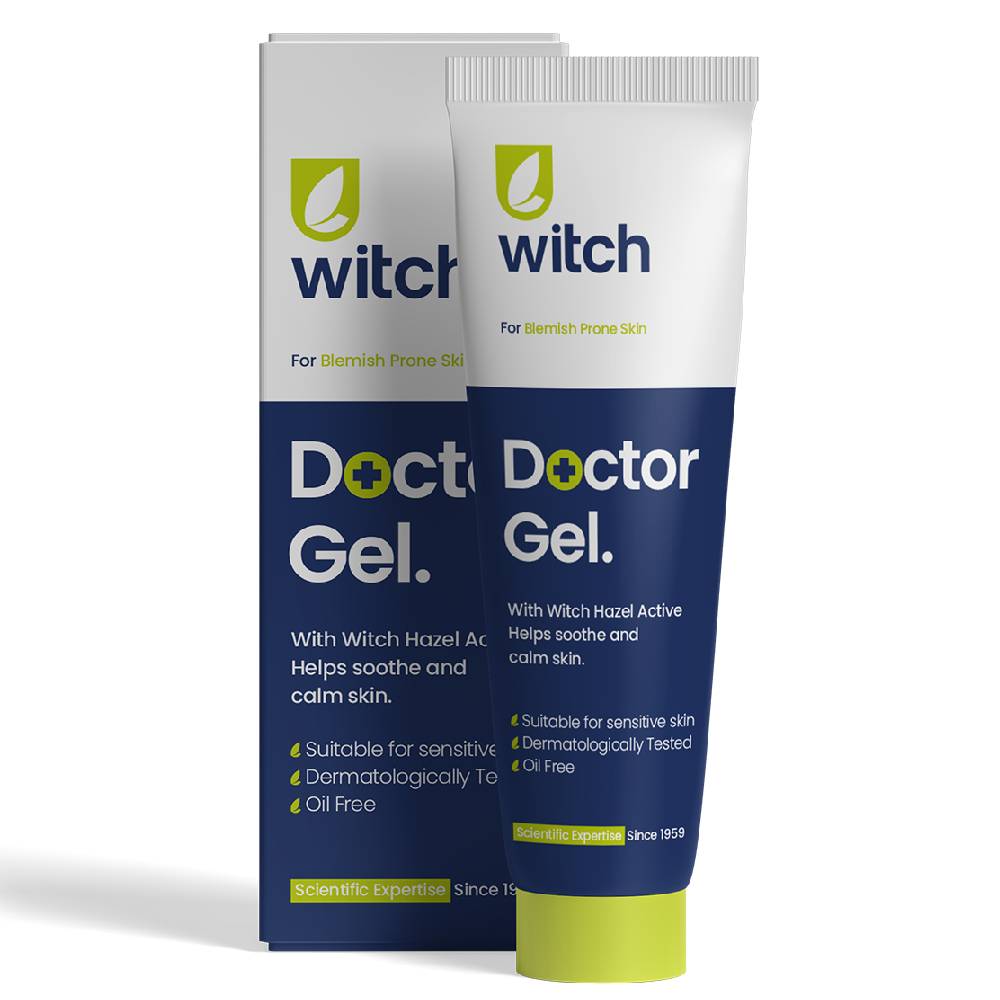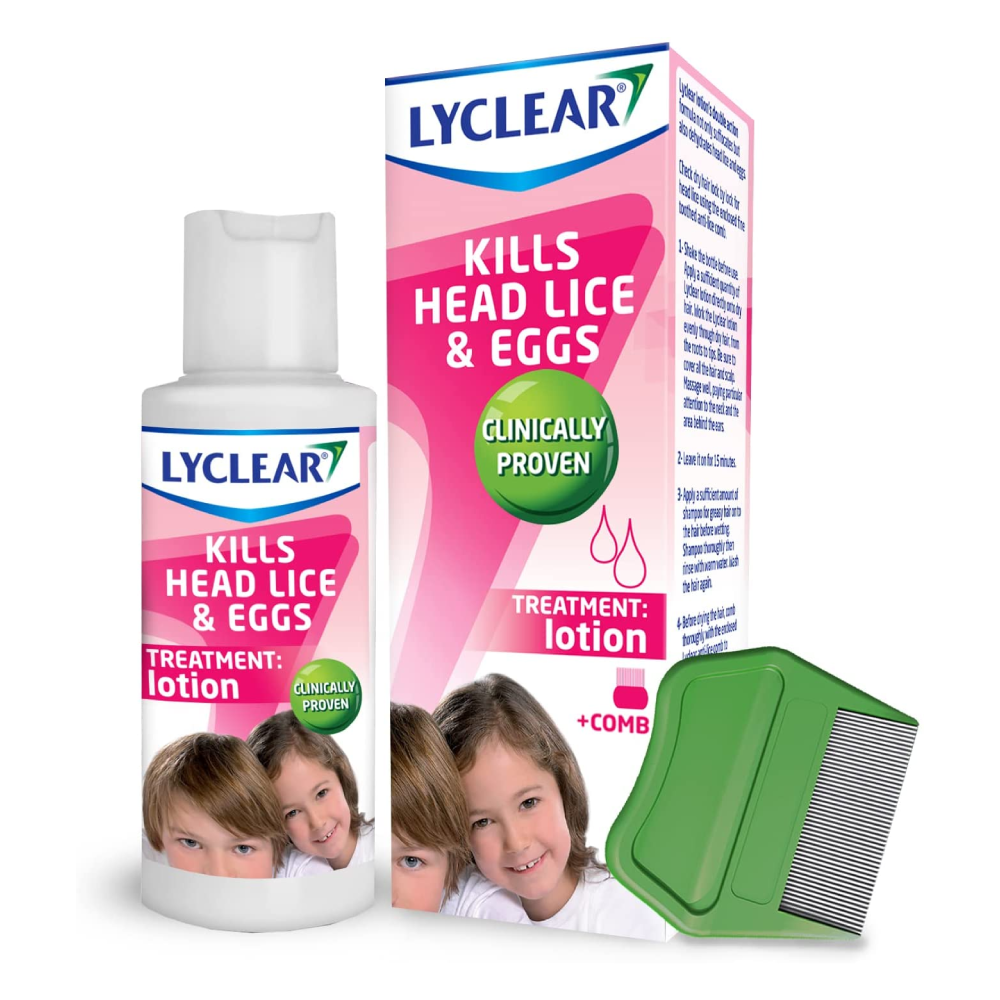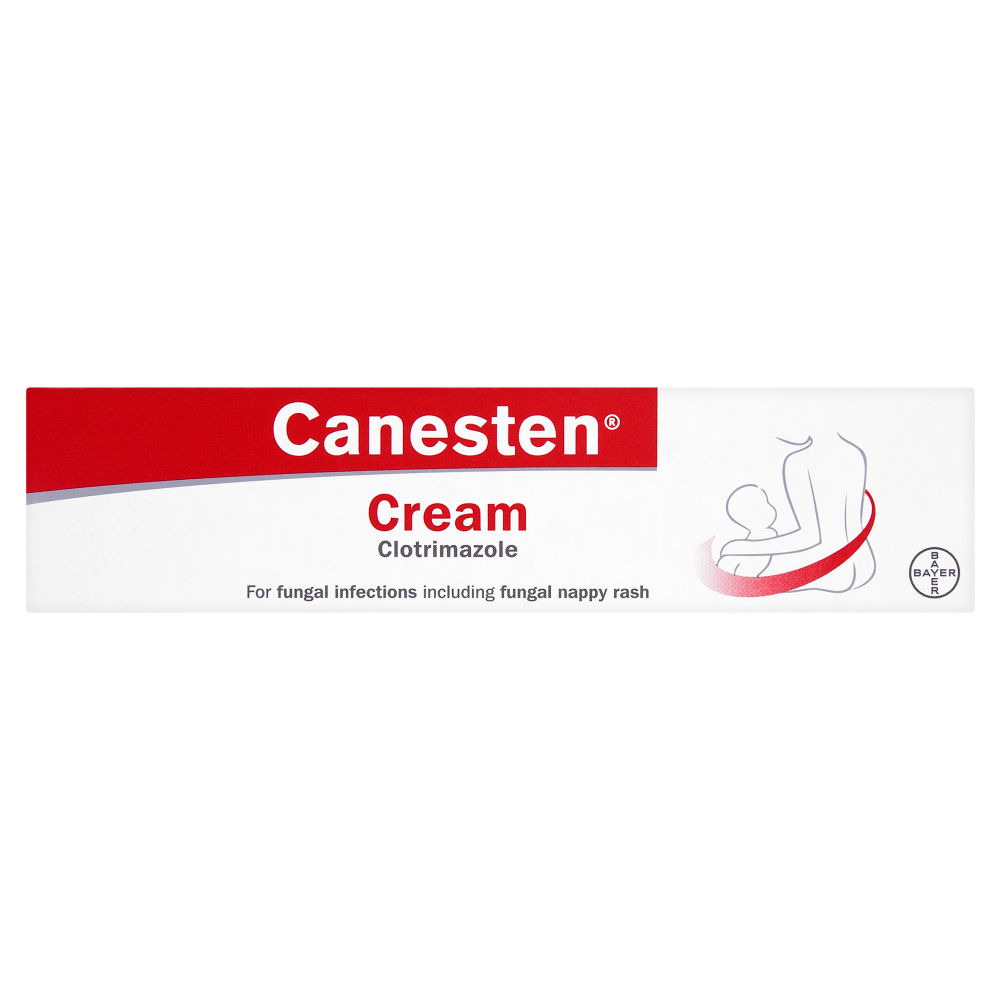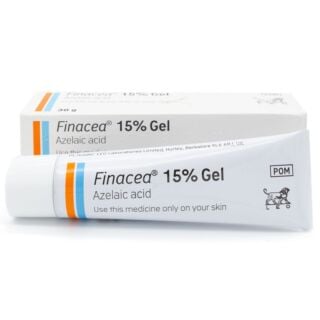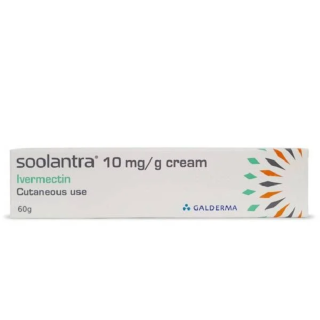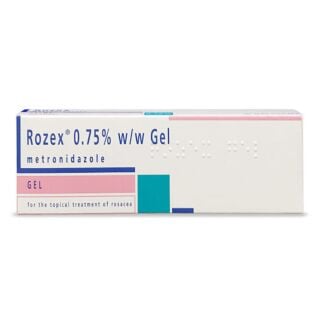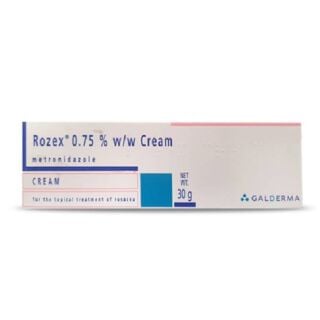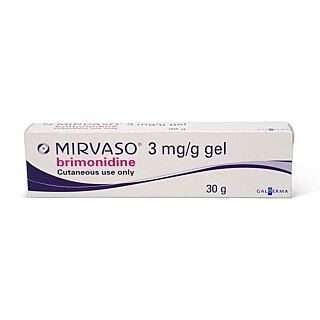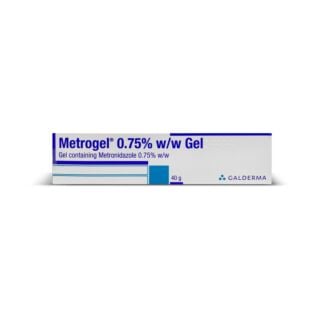Rosacea
We know how uncomfortable and difficult rosacea can be to live with. It always seems to flare up at the worst moments—on your graduation day, your birthday or your wedding day. … Read More See less
Though of course, it’s never a good time to have a rosacea flare-up. This means you always have a slight sense of unease, not knowing if today is going to be the day that a new flare-up begins.
Rosacea, (previously known as 'acne rosacea'), mainly affects people aged 45–60 and is most often observed in people with fair skin types[1]. It is more common in women than men (5.41% and 3.9% of the population, respectively), though men tend to suffer from more severe presentations[2]. Overall, rosacea is extremely common, affecting 5.46% of the population in total.
This means that if you have rosacea, there are plenty of others who face the same struggle. Keep reading to learn some of the most effective ways to treat the condition and prevent flare-ups.
Related Guides
What is rosacea?
Rosacea is a chronic and recurrent inflammatory skin condition that causes redness on your face and other parts of your body. This redness may be harder to see on brown or black skin and may look more pink or purple.
Symptoms usually begin to develop after the age of 30 and flare up sporadically throughout your life[3]. Rosacea flares can last from weeks to months before they go away again[4].
There are four different types of the condition[5]:
- Erythematotelangiectatic rosacea – characterised by facial redness, enlarged and visible blood vessels, and flares that cause symptoms to come and go unexpectedly
- Papulopustular rosacea – characterised by pus-filled spots, swelling and symptoms that can resemble acne
- Phymatous rosacea – rosacea around your nose, which causes swollen, thickened, bumpy skin
- Ocular rosacea – rosacea around your eyes, which causes them to feel irritated, bloodshot and dry. It might feel like there is something in your eyes and cause your eyelids to become inflamed. If rosacea affects the cornea (the transparent layer at the front of your eyeball), you may experience pain and sensitivity to light
Rosacea symptoms
Some symptoms are more common to certain types of rosacea, but typically, rosacea causes:
- A red, pink or purple blush across your nose, cheeks, forehead, chin, neck and chest that comes and goes
- Warm, hot or painful skin on your face
- Burning or stinging when using water or skincare products
- Swelling, particularly around the eyes
- Small, red spots that might be filled with pus
- Visible blood vessels
- Yellow-orange patches on the skin
- Raised patches that look like a rash
- Sore eyelids or crusts around the roots of your eyelashes
- Thickened skin, mainly on the nose
How is rosacea diagnosed?
A GP can diagnose rosacea after a thorough assessment of the rosacea on your face. They will ask about your symptoms and when they began, whether you’ve experienced them before, where they tend to occur, how long for, and how severe they are. In addition, they will want to understand how the condition is affecting your life.
There is no specific test to diagnose rosacea. However, your doctor may want to rule out other conditions that can present similarly to rosacea, such as acne, dermatitis and lupus.
What causes rosacea?
The exact cause of rosacea is currently unknown[6]. However, a number of potential factors that may contribute to the condition have been suggested:
- Blood vessel abnormalities – the cause of these abnormalities is unknown, but sun damage may cause the elastic tissue of the skin to degrade and your blood vessels to dilate
- Skin peptides – certain triggers, such as ultraviolet light, spicy food, alcohol (especially red wine), exercise, stress, heat and cold, have been found to cause peptides (molecules with the skin) to activate. Increased levels of these peptides may affect the immune system, nerves and blood vessels, leading to dilation, redness and inflammation
- Microscopic mites – demodex folliculorum are microscopic mites which usually live harmlessly on human skin. However, people with rosacea have particularly large numbers of these mites. We don’t know what role these play in the condition, but rosacea symptoms may be caused by the skin reacting to bacteria in the mites’ faeces
- Helicobacter pylori bacteria – helicobacter pylori are bacteria found in the digestive system. These bacteria may promote the production of a protein called bradykinin, which is known to cause blood vessels to expand
- Genetics – rosacea tends to run in families, though it’s not clear which genes are involved or how they’re passed on
Rosacea triggers
Many people with rosacea find certain triggers contribute to a flare-up, such as:
- Stress
- Hot or cold temperatures
- Strong winds
- Exercise
- Alcohol
- Hot baths
- Spicy foods
- Hot drinks
- Humidity
- Caffeinated drinks
- Dairy products
- Cosmetic skin or hair care products
- Medications that dilate your blood vessels (e.g. amiodarone, corticosteroids and high doses of vitamins B6 and B12)
To help keep mild rosacea flares at bay, it can be helpful to avoid your triggers wherever possible[7]. For example, if direct sunlight can trigger your rosacea, make sure you use sun cream when you go outside.
How can rosacea be treated?
If you’re wondering how to get rid of rosacea permanently, unfortunately, it is a chronic condition, which means it can’t be cured. However, there are plenty of treatments that can help to keep the condition under control[8]:
Topical treatments
- Metronidazole cream or gel – a first-line treatment for red spots (papules) and pus-filled spots (pustules). Apply once or twice a day. It may be several weeks before you notice any significant improvement in your symptoms
- Azelaic acid cream or gel – for papules and pustules. Apply once or twice a day. It may be several weeks before you notice any significant improvement in your symptoms
- Ivermectin cream – a second-line treatment for papules and pustules. Some evidence suggests ivermectin may be less irritating to the skin than metronidazole, though it is usually only recommended if other treatments don’t work. It may be several weeks before you notice any significant improvement in your symptoms
- Brimonidine tartrate gel – rosacea redness treatment. It works by restricting the dilation of your blood vessels. Apply once a day. Brimonidine can start to have an effect about 30 minutes after application, which can last for up to 12 hours
Side effects of these rosacea creams and gels include itchiness, a burning or stinging sensation and dry skin.
Oral treatments
- Antibiotics – during severe flares, antibiotics can be used to reduce inflammation. They can usually be taken for four to six weeks, but longer courses may be prescribed if necessary
- Isotretinoin – often used to treat severe acne. However, if severe rosacea doesn’t respond to other medications, isotretinoin can be used in low doses
- Clonidine – used to treat severe blushing as clonidine relaxes the blood vessels
- Beta-blockers – also used to treat severe blushing as these can decrease your heart rate
- Anxiety medications – if anxiety is thought to contribute to rosacea, medications can be used to help reduce anxiety
Laser and intense pulsed light (IPL) treatment
Vascular laser or IPL treatment can be used to improve redness, visible blood vessels and blushing.
Laser and IPL machines produce narrow beams of light that are aimed at the visible blood vessels in the skin. This treatment is therefore less effective for people with brown or black skin, as the blood vessels may be less obvious. Over two to four treatment sessions, the heat from the lasers damages the dilated veins and causes them to shrink.
To have laser or IPL treatment, you will need to be referred to a dermatologist. These treatments aren’t usually available on the NHS, so you may need to pay for them privately.
Laser or IPL treatment can cause pain, but most people don’t need an anaesthetic. The side effects are usually mild, short-lived and can include:
- Crusting
- Swelling and redness
- Blisters (rarely)
- Infection (very rarely)
Ice and gentle skin care can help with the side effects while you recover from these treatments.
Sources
- https://cks.nice.org.uk/topics/rosacea/background-information/prevalence/
- https://cks.nice.org.uk/topics/rosacea/
- https://my.clevelandclinic.org/health/diseases/12174-rosacea
- https://www.mayoclinic.org/diseases-conditions/rosacea/symptoms-causes/syc-20353815
- https://www.nhsinform.scot/illnesses-and-conditions/skin-hair-and-nails/rosacea/
- https://www.nhsinform.scot/illnesses-and-conditions/skin-hair-and-nails/rosacea/#causes-of-rosacea
- https://www.nhsinform.scot/illnesses-and-conditions/skin-hair-and-nails/rosacea/#treating-rosacea
- https://www.hey.nhs.uk/wp/wp-content/uploads/2018/02/rosacea.pdf

Free delivery when you spend over £39

100% discreet delivery for every item ordered

Fully regulated UK pharmacy
What is the difference between acne and rosacea?
Everyone’s skin is different, so it can be hard to figure out what type of condition is behind your problem areas. Acne and rosacea are both common skin disorders, but they’ve got different symptoms to look out for.
Rosacea affects the central region of the face, usually the cheeks and nose, but sometimes the chin and forehead. It’s mainly characterised by redness, sensitivity, and sometimes tiny broken blood vessels may be visible. Spots can appear and the skin can become swollen.
Acne usually affects the face, but can also appear in the back, chest, or shoulders. Acne typically causes a variety of spots such as blackheads, whiteheads, or large cysts. Acne sufferers usually have very oily skin.
What are the symptoms of rosacea?
Rosacea is a long-term condition that affects the skin on the face. It is more common in women and those with lighter skin, but it can affect anyone, and symptoms are sometimes worse in men. The main symptoms include:
- Redness across your nose, cheeks, forehead and chin (this may be less noticeable on those with darker skin)
- Burning or stinging when washing your face with water or skincare products
Other symptoms can include dry skin, swelling around the eyes, yellow-orange patches on the skin, sore eyelids and thickened skin.
Can I use Skinoren for rosacea?
Skinoren cream is an acne treatment and should not be used to treat other skin conditions like rosacea.
Although inflammation and small pus-filled bumps are both symptoms of rosacea, the causes of rosacea and acne are quite different, meaning that Skinoren isn’t the right treatment for both.
If you do have rosacea and need treatment to help manage your symptoms, you should speak to your doctor and ask for their advice.
Can I use Cetaphil if I have rosacea?
Cetaphil products are kind to all skin types and are absolutely suitable for those who suffer from skin conditions like rosacea.
Then can also be used by people who have eczema, acne, and a range of other skin conditions that can be aggravated by other cleansers or skincare products and need gentle care.
However, if you’re ever unsure whether a product is suitable for your own skin, especially if you have a skin condition, you should speak to your doctor or pharmacist before using it for the first time.
Can rosacea be itchy?
Some people with rosacea may experience itchiness, but itching can aggravate your skin and worsen the appearance of rosacea.
This itching may be down to folliculitis, where the hair follicles become inflamed, sometimes caused by ingrown hairs.
An infection from the bacteria Staphylococcus can develop in inflamed hair follicles on the face of someone with rosacea, but this can be treated with a course of antibiotics or topical creams.
If you’re a man suffering from rosacea, shaving can irritate your skin, so you may want to give up shaving altogether - but if this isn’t for you, try to use a new razor each time to prevent folliculitis from occurring.
What causes rosacea?
Rosacea is a skin condition that causes your face to take on a red, flushed appearance - it can also produce pus-filled bumps, but this shouldn’t be confused with acne.
It can affect anybody, but it’s more common in white, middle-aged women.
This redness is caused by the blood vessels, but why this happens is not completely understood.
It may be due to an overactive immune system, genes or environmental factors - it’s not down to poor hygiene and it isn’t contagious.
You might find that certain things can trigger your rosacea, like hot drinks and spicy foods.
What is the best treatment for rosacea?
There are treatments for rosacea, but this is focused on managing the signs and symptoms, usually in the form of a good skincare routine, medication and avoiding triggers.
It will all depend on the severity of your rosacea, but recurrence is common.

